
This Week in Neo4j: NODES AI, Context, Text2Cypher, Fraud Detection and more
1 min read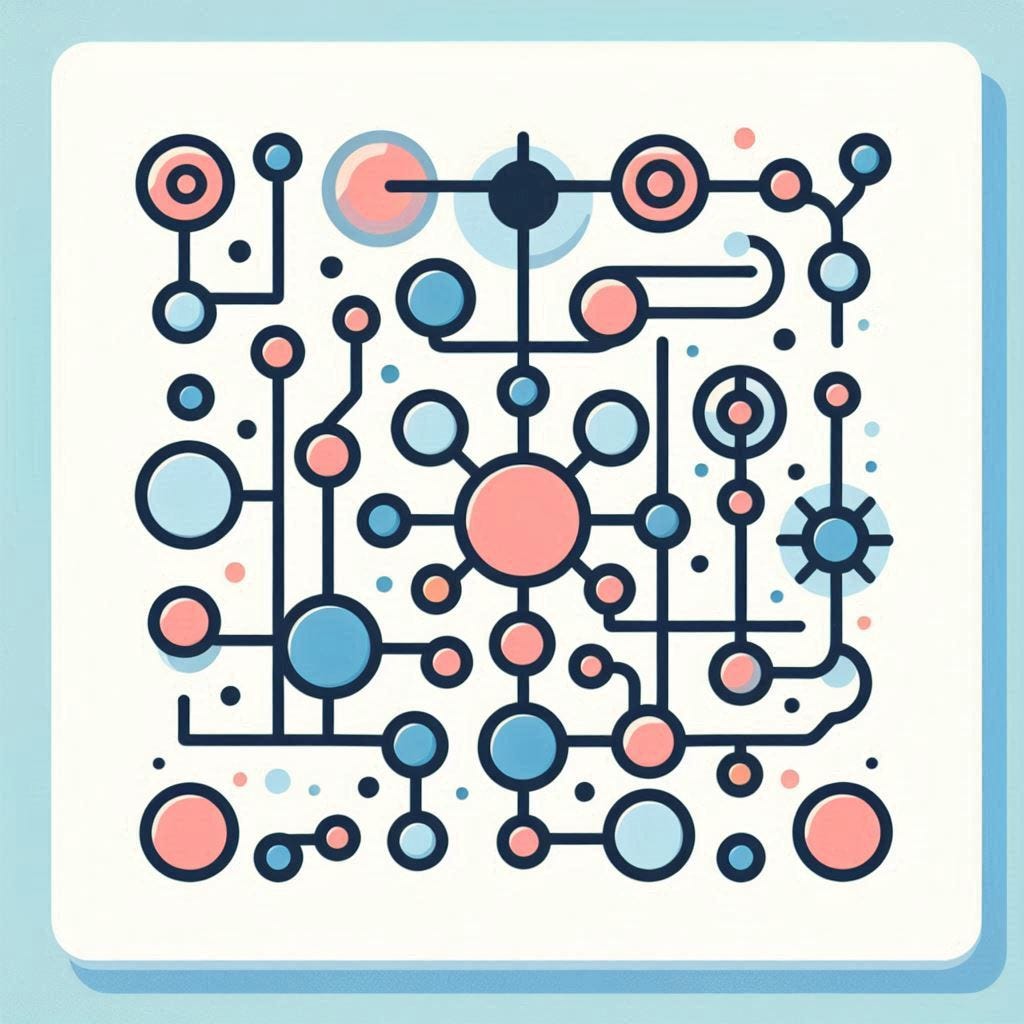
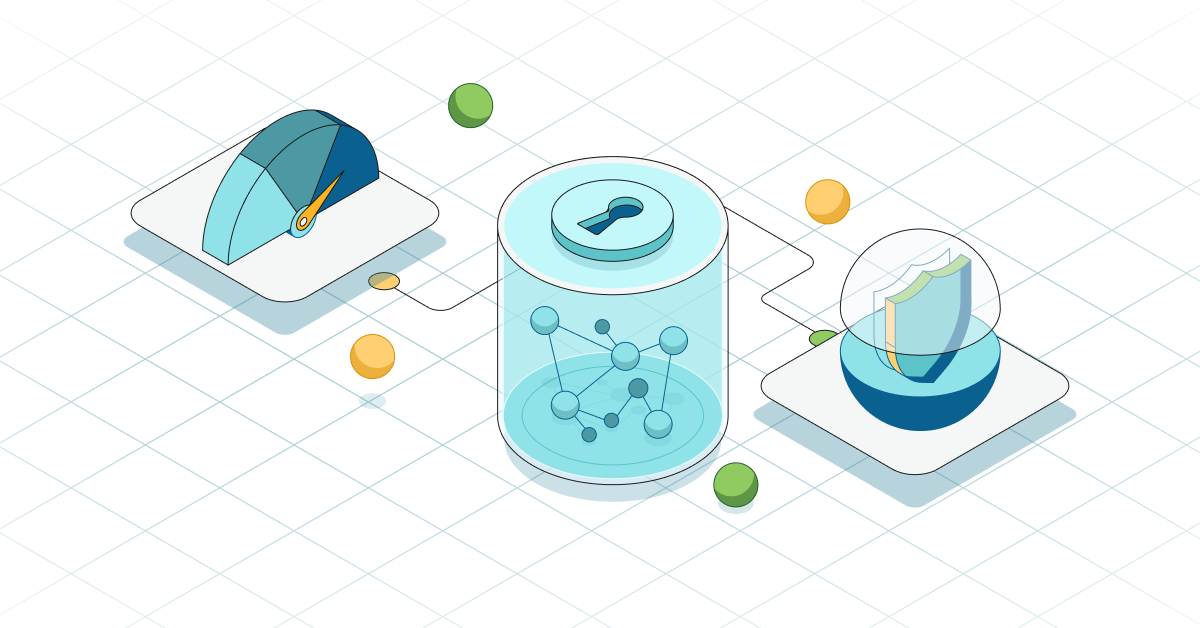
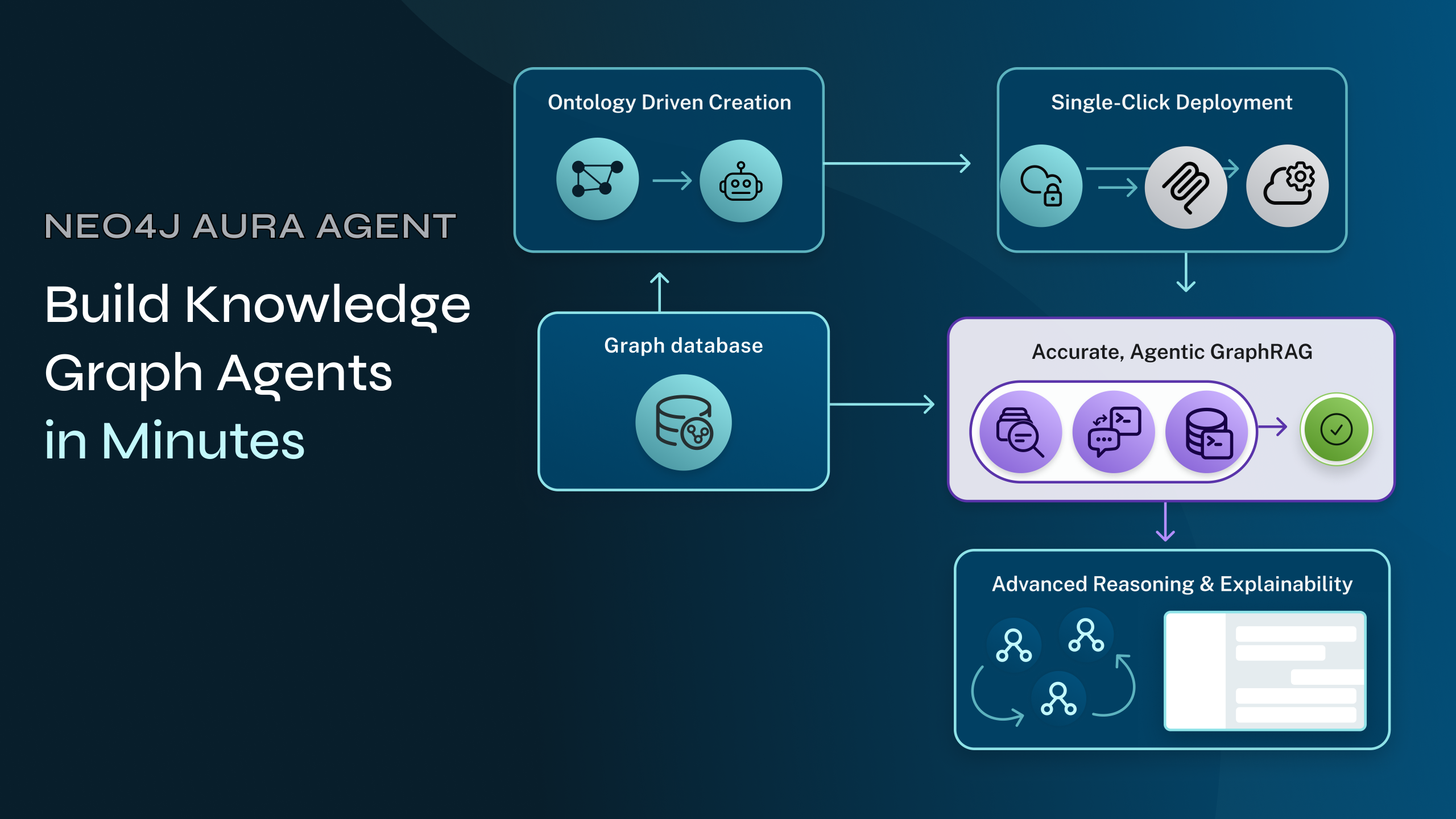
Graph-Driven AI for All: Neo4j Aura Agent Enters General Availability
7 min read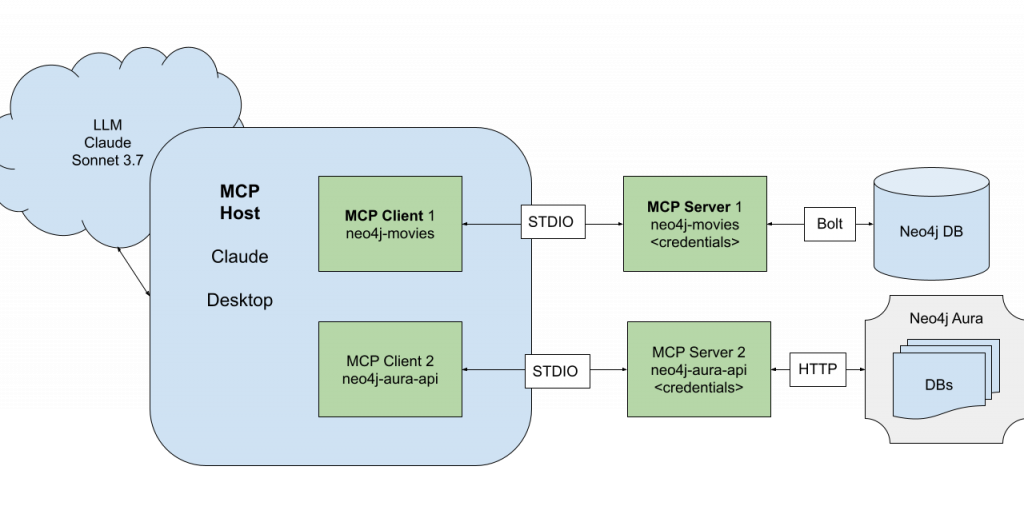
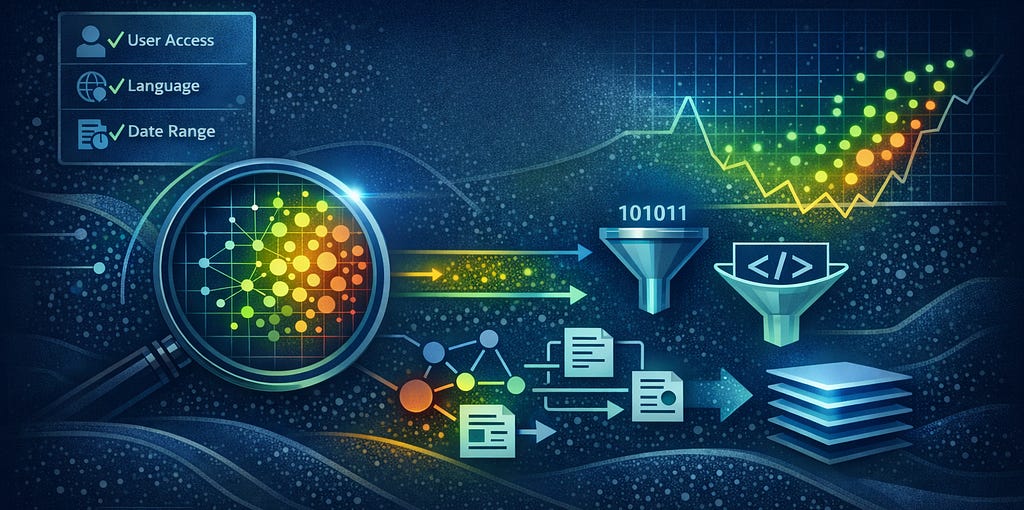
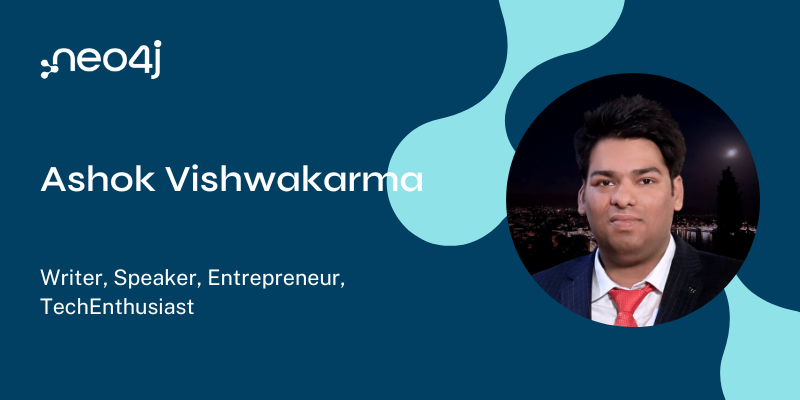
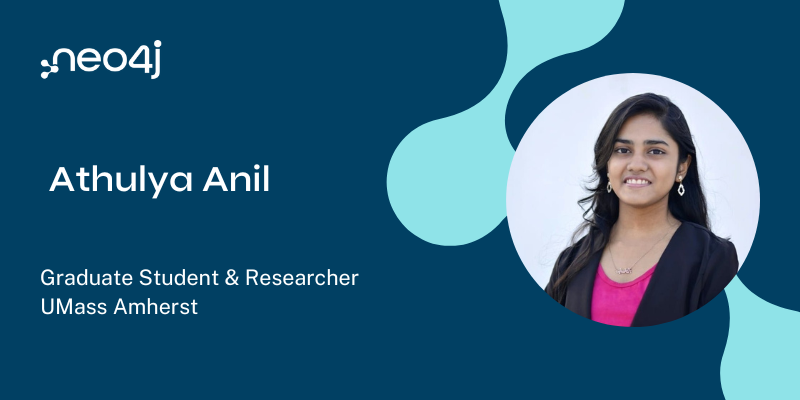
This Week in Neo4j: Entity Extraction, MS Agent Framework, Context Engineering and more
3 min read